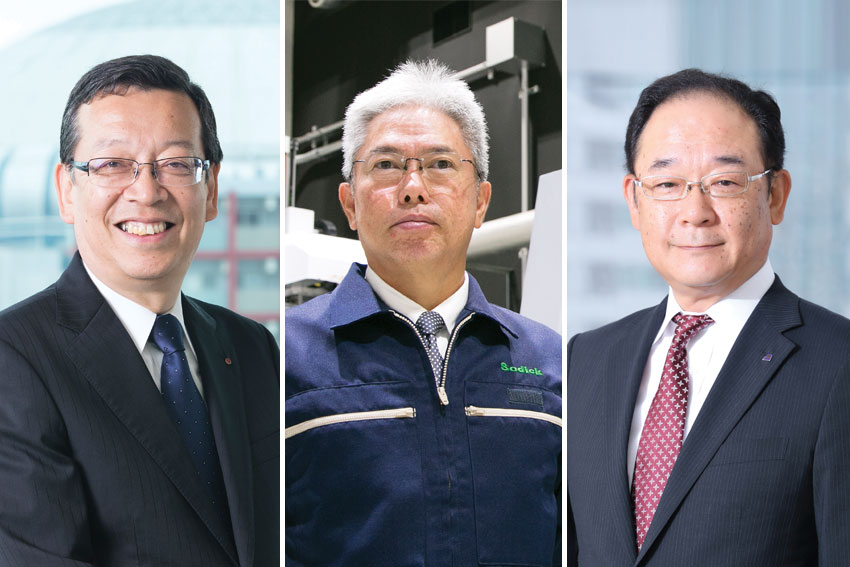The art of excellence still drives Japanese competitiveness

Japan’s acclaimed monozokuri philosophy – that trademark creativity and craftsmanship responsible for the country becoming synonymous with innovation – has been put on trial over the past few years as its manufacturing industry faltered.
Some Western observers in particular suggest that Japan’s supposedly extreme conservative corporate culture is to blame for hampering its innovative output and claim the country has lost its crown as the king of electronics. More specifically, critics say, the Japanese have focused too much on developing products and less on adapting to customer needs.
However, with manufacturing exports from the archipelago having bounced back strongly recently, Japan is proving its critics wrong. While this is happening on one hand through switching to more of a business-to-business (B2B) approach to manufacturing (see page 5), on the other hand, Japanese companies are also refocusing on the unique strength that saw the nation become a creative powerhouse in the first place: monozokuri.
“People engaged in the manufacturing sector thrive to produce high-quality products in order to make their customers as happy as possible,” says Jun Yamaguchi, President of Tokuriki Honten.
Japan Inc.’s entrenched commitment to quality and precision has indeed led the country to be reputed for its technical infallibility, and in the era of increased technological complexity, reliability is a golden attribute. Along with this reliability that Japanese manufacturers provide, in response to the criticism they have received, corporations are now putting greater emphasis on customization to cater for the needs of clients’ demands.
“If the forte of Japanese companies is in making high quality products, their weakness is in launching their products into the market,” admits Kazuhiro Kashio, President of CASIO. “Our future objective is to make new products, while also enhancing the user value, usability and usefulness of existing devices.
“Today, the best-selling smart watches are made by Apple. However, our focus is not on making the best-selling smart watch, but instead on making something that will offer value and usefulness for the users.”
This is a way of thinking today being shared across the board in Japan, from watchmaking to gelatin production.
“Our competitors make generic products, and then let their clients choose which one suits them best. Our company adapts its products to the needs of its customers,” explains Koichi Ogata, President of Nitta Gelatin Inc. -- a world leader in the manufacture of food, pharmaceutical and technical gelatins.
“We tailor-make our solutions to satisfy our client’s demand,” adds Mr. Ogata. “While this creates many difficulties, it allows us to create a bond with our partners, making sure that they do not switch to the competition.”
Such an increased emphasis on adapting to the differing preferences of customers is linked closely to the globalization of commerce – a concept welcomed more so now in Japan than ever before in its history.
Yuji Kaneko, President of Sodick, identifies this trend as especially significant in how Japanese companies are now approaching doing business.
“Our philosophy of client care is pursued thanks to our international bases,” he says. “Because we operate globally, our sales structure extends all around the world, and we have a material presence in almost all of the countries in which we operate. This global presence allows us to actively solve our clients’ problems.”
As for smaller, independent Japanese firms such as Computer Engineering & Consulting Ltd. (CEC) which hasn’t yet become fully international, then embracing this new, more outward-looking and customer-driven strategy is quite clearly the objective.
“My personal goal is for this company to create ‘Made in Japan’ software products that can be used worldwide,” says CEC president, Fujio Tahara. “Manufacturing plays an essential role for the economy, and we want to offer our manufacturing clients IT products and services to boost efficiency of production procedures.”
0 COMMENTS